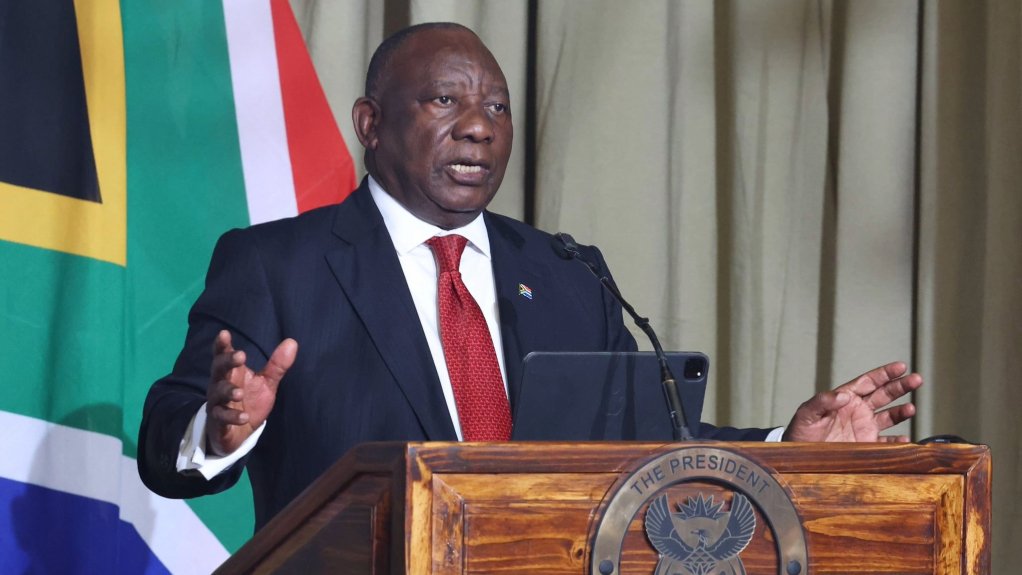With some people and political parties calling for South Africa’s labour laws to be relaxed in response to the prevailing economic climate and high unemployment rate, President Cyril Ramaphosa argues that stimulating economic growth and job creation and retaining worker protections are not mutually exclusive.
In a weekly letter published on May 5, the President emphasises that worker rights have been found to improve productivity and thereby enhance the growth of companies and the economy, and that these are also helping to distribute the benefits of growth more equally and improve economic stability.
Moreover, South Africa’s labour laws are part of the effort to overcome the structural inequality of apartheid, he points out.
He highlights progress over the past 31 years in improving labour laws and protecting workers’ rights as including the introduction of a National Minimum Wage; measures to advance worker ownership in companies; and the implementation of the Employment Equity Act, which prohibits unfair discrimination on the basis of sex, gender, pregnancy and marital status.
Despite progress, there is still much work to be done to end the race-based disparities in the country’s economy, Ramaphosa notes, citing the latest report of the Employment Equity Commission as evidence.
This shows that despite Africans constituting the majority of the economically active population, the majority of top management positions in the private sector are still held by white males. This trend is observed at senior management level in nearly every economic category. Black South Africans are predominantly in the semi-skilled and unskilled categories.
Therefore, while there has been much improvement since the advent of employment equity legislation, not enough has been done to change the racial composition of the ownership, control and management of the country’s economy, Ramaphosa emphasises.
He adds that employment equity is not the only area where challenges remain, with the International Labour Organisation highlighting problems of compliance with labour laws in South Africa and inadequate safeguards for workers in the burgeoning informal sector.
Therefore, part of South Africa's 2025 presidency of the Group of Twenty involves engagements with labour over the consolidation of worker rights, Ramaphosa informs, highlighting “fruitful” discussions regarding this with the International Trade Union Confederation and others.
“Despite these challenges, as a country, we will continue to use our progressive labour laws to correct the imbalances of the past, and to ensure that these protections translate into tangible benefits for workers,” Ramaphosa assures the public.
He calls on business in particular to take the necessary measures to ensure their workplaces reflect both the letter and spirit of laws such as the Labour Relations Act, the Basic Conditions of Employment Act, the Employment Equity Act and the Occupational Health and Safety Act.
“Companies should go beyond compliance by actively fostering diversity and inclusion as envisaged in our Constitution by addressing historical inequalities and create opportunities for under-represented groups among their workers, such as women, the youth and persons with disabilities.
“They should also ensure that their workplaces are spaces where dignity, respect and human rights are upheld in daily practice and not just in policies,” Ramaphosa emphasises.
EMAIL THIS ARTICLE SAVE THIS ARTICLE ARTICLE ENQUIRY FEEDBACK
To subscribe email subscriptions@creamermedia.co.za or click here
To advertise email advertising@creamermedia.co.za or click here











